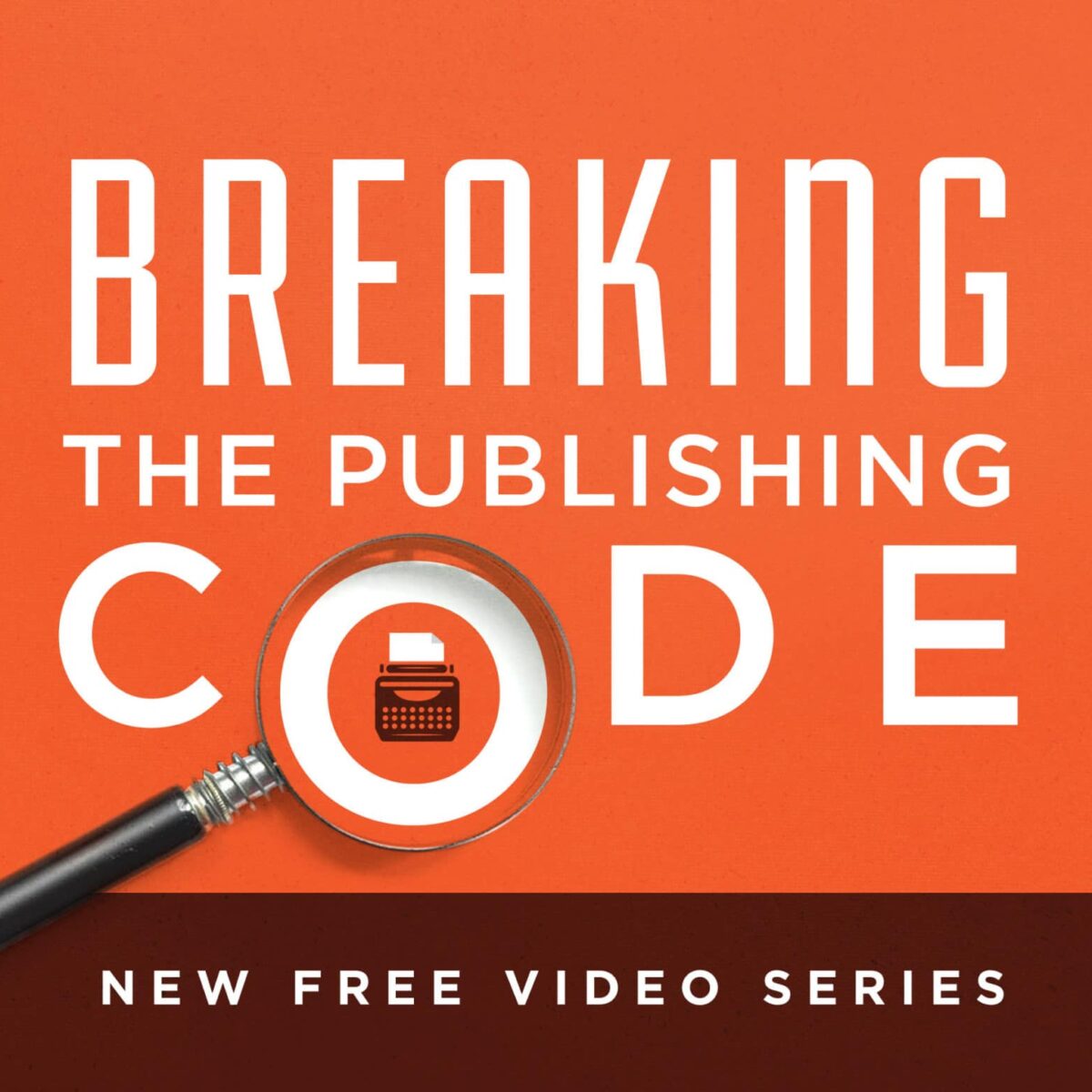As a creative—author, speaker, recording artist—you need a team. You can’t go it alone. The job is just too big. You may have to start small, but you have to enroll others to help you get to your destination.

Several years ago, my friend Robert Smith, Andy Andrews’ manager, shared with me his concept of “The Train.” This represents all the people on your team who are helping you get your career down the track faster than you could do on your own.
For example, here are some of the teammates you may need to recruit as you build your platform.
Administration
Administrative help frees you to focus on what you do best: create. At some point, you may need to hire one or more of the following:
- Assistant—Is it really a good use of your time to process email, make travel arrangements, and respond to meeting requests? This doesn’t have to be a full-time position. I hired a virtual assistant through Miles Advisory Group for 15 hours per week. I couldn’t be happier with my decision.
- Bookkeeper—Just because you can keep your own books doesn’t mean you should. Again, this is time away from creating. Also, like a virtual assistant, you can hire someone part-time. I have someone who does this a few hours a month. Like an assistant, it frees me up to do what only I can do.
- Attorney—The more successful you become, the more you will need a good, reliable attorney. However, not all attorneys are created equal. You need one that specializes in intellectual property. You don’t want the burden of paying a real estate attorney, for example, to get an education in publishing or entertainment law.
Management
“Management” is the term used to refer to the person or company who manages your overall career and helps develop your platform. There are basically two options:
- Self Management—This is what almost all creatives do. They are, in essence, their own “general contractor.” They hire the subs and manage them. At some point, this starts diffusing your focus and eating into your creative time. But in the meantime, you must take responsibility for this. This is not the role of your literary agent, booking agent, or some other professional.
- Personal Management—The most successful creatives hire a personal manager to oversee their career. The good news is that you typically pay a percentage of your income (or, better for you, gross profit), so the manager only makes more money if you make more money. The bad news is that it is difficult to find someone who has the necessary experience and is also competent and trustworthy.
Representation
Agents represent you to potential customers for your work. They are the linkage connecting you to the people you need to get the word out. In hiring an agent you need someone who will represent you well, since others will form their opinion of you based on their interactions with your agent(s).
- Literary Agent–This is a must-have for authors. You generally can’t get in the publishing door without one. Why? Because traditional publishers use agents as filters to separate “the wheat from the chaff.” It also provides the clout you need in the contract negotiation process. Publishers aren’t “out to get you,” but they are naturally focused on their own interests. (I have a list of agents here.)
- Booking Agent—This is also a must-have for speakers or other entertainers. A good booking agent can give you access to event planners that you wouldn’t have otherwise. He can generally get you a higher fee than you would on your own. (Most people aren’t good at negotiating for themselves.) He can also make sure your intellectual property rights are protected and that you have the production quality you need (e.g., sound, lights, etc.) to do your best.
- Publicity Agent—regardless of whether you are an author, comedian, speaker, or some other kind of creative, you will likely need a publicist at some point. This is especially true when you are launching a new product. Unlike literary agents and booking agents, most publicists work on a fee basis rather than on a commission. However, you can usually hire them on a per-project basis.
Content Creation
- Coaches—Wherever it is you want to go, someone has likely been there before. Some of these people have become skilled coaches as well. I have used them to help me get better in specific areas. For example, you might consider higher a writing coach, speech coach, or a voice coach. It doesn’t have to be expensive, and it can be temporary. You might just need someone to get you to the next level.
- Collaborators—these are people who help you get your content into marketable shape. This could be as simple as an editor but might include a ghost writer—or something in between. If you are producing audio or video, it might be a producer or video editor. The options are limitless. The point is that you don’t have to do it all yourself.
Publishers
These are the individual or companies who help you get your product to market. The word publish means “to make known.” It might be a book publisher, a video distributor, or an online retailer. You might even do it yourself (e.g., self-publishing). Regardless, you have to consider publishers as part of your team.
To summarize, if you are serious about getting your work out, you need to begin building a support team. Why? Because a support team provides three benefits.
- It provides access to contacts you don’t have.
- It gives you leverage that maximizes your impact.
- It allows you to focus on what you do best.
You may have to start small (everyone does), but hopefully this will give you the big picture so you can build the team you need now to accomplish the results you want.
Disclosure of Material Connection: Some of the links in the post above are “affiliate links.” This means if you click on the link and purchase the item, we will receive an affiliate commission. Regardless, we only recommend products or services we use and believe will add value to our readers. We are disclosing this in accordance with the Federal Trade Commission’s 16 CFR, Part 255: “Guides Concerning the Use of Endorsements and Testimonials in Advertising.








